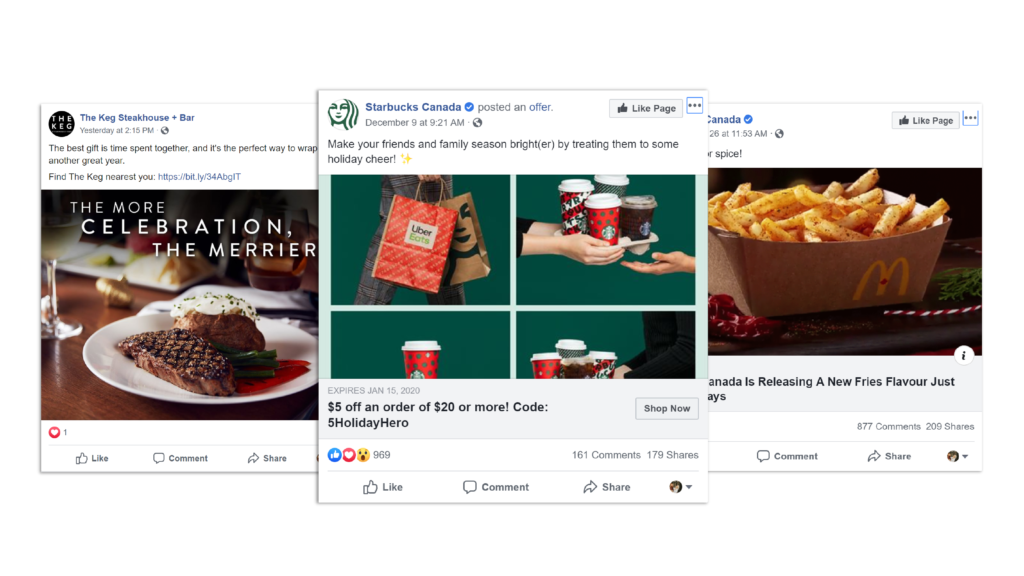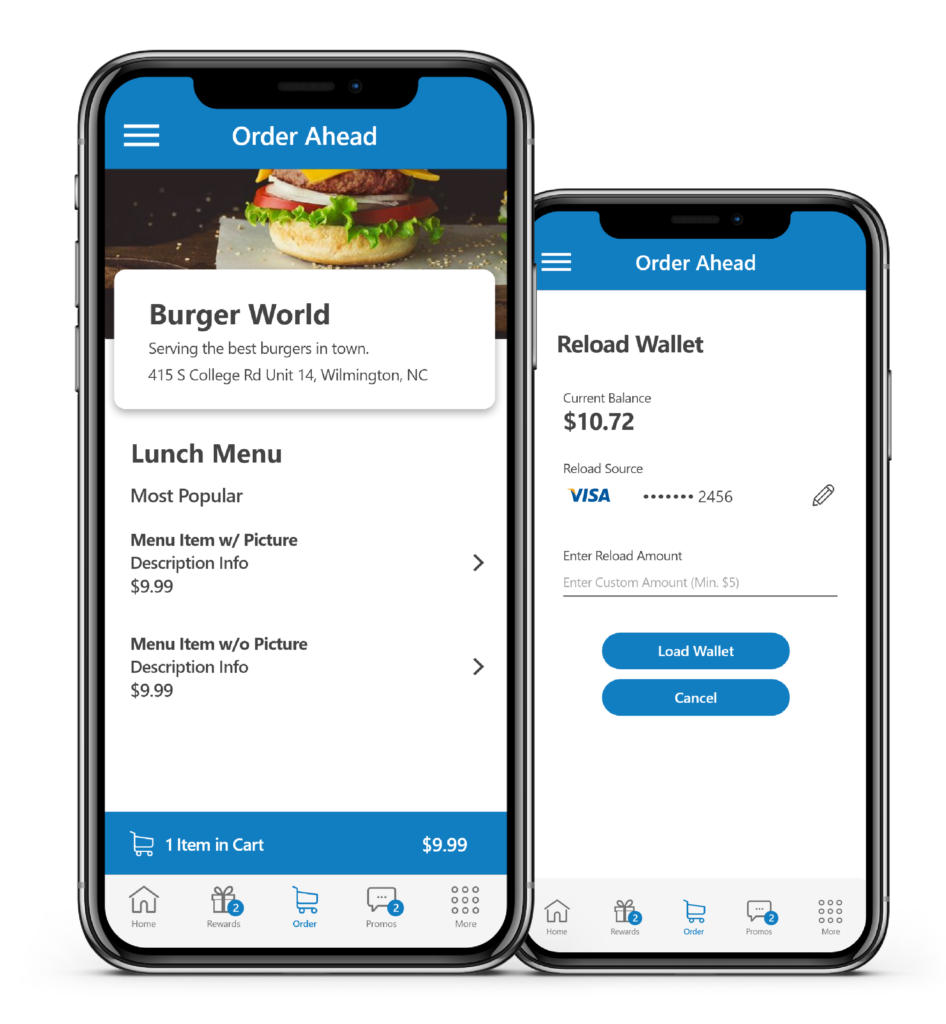How To Track Your Restaurant Marketing Campaigns?
Just like any other business, restaurants also need effective marketing campaigns to be successful. Tracking your restaurant marketing efforts can be a very challenging task, but it has to be done if you want to cut costs without compromising on the effectiveness of promotional campaigns.
We live in a world where every customer’s opinion counts and one bad review on Google, Facebook, or Yelp can tarnish your reputation. If you aren’t closely following your online reputation and campaign metrics regularly, you might end up making misinformed decisions or focus on the wrong aspects of your marketing strategy. But it’s easier said than done.
Why It’s Difficult To Keep Track Of Your Restaurant Marketing Campaigns
Getting your restaurant’s name out there is essential, but it won’t matter if you don’t build an excellent reputation to go along with it. How do you build that reputation? By implementing effective restaurant marketing campaigns.
But it is difficult to track these campaigns and know how well they are doing. Consumer decisions are based on various touchpoints, and it can be difficult for restaurants to track which aspect of their marketing campaign influenced consumer purchase.
Modern-day marketing strategies are multi-faceted, ranging from conventional advertisements to digital marketing. Keeping a track across all channels is an improbable task. Did your social media ad influenced the customer, or were they enticed by your discount coupons? Unless you begin to ask every customer what made them visit, you can never be too sure.
Google And Facebook Ads Only Get Part Of The Job Done
As two of the core components of modern-day marketing, Google Ads, and Facebook Ads let you track the performance of the advertising. You can see which keywords are performing and which ad is performing better than others. These tools also give you vital metrics, such as how many users clicked on your ad. But Google and Facebook come at a cost, and often it isn’t justified because these tools don’t show the metrics that really matter.
To top it off, these ads do not guarantee an immediate visit to your restaurant – leaving serious questions about the effectiveness of your social marketing campaign. Plus, you would have to individually ask each of your customers how they heard about your restaurant. You’d be consuming too much time and undertaking massive efforts to obtain such a small piece of information, especially if you have a big restaurant. Even then, you won’t know for sure who got to your restaurant from Facebook.
Promotions Are Not Always As Effective
If you’re using deals and discounts in your marketing campaigns, it doesn’t guarantee an increase in profits. If you sell pricier menu items at discounted prices or ask servers at the restaurant to recommend specific items instead of others (upsell), you still may not get the revenues needed to make this an effective strategy.
You have to keep certain costs in mind when making the decision, such as the cost of the ingredients, the labor cost of the chefs and servers, and the incremental profit margin when making the decision. Even if it’s viable to make the discount, it doesn’t mean that the sales for the item will increase permanently. Experimenting with your promotions, such as “buy 2 get 1 free” offers, may yield results, but you may start to lose money if the experiments don’t work out in your favor.
The Solution: A Digitalized Customer Loyalty And Referral Program
A successful marketing campaign is one that yields tangible results and directly affects your bottom-line. The way to go about that is by giving consumers an incentive for every purchase and referral that they make. Instead of going the usual ‘Buy 10 get 1 free’ way, restaurants need to entice consumers by rewarding every action.
Modern-day consumers want personalized customer service, among other things – this includes staff that is attentive to detail and courteous, and the food is always great. In turn, restaurants look for loyal customers. They want people to return to them often – not only is this good for business, but it also helps spread a positive word. The hosts and servers lead the interaction between the restaurant and its guests. They need to be efficient and accommodate the guests, taking care of their needs; only then will the guests start to be loyal and refer them to other people.
Customers love getting rewards, but if you give them loyalty cards, they may lose these, and that compromises on convenience for them. But how about a loyalty and referral program that keeps track of everything digitally?
Why Tracking Consumer Data Is Important
When you know what customers usually return to your restaurant, you have to do everything you can to keep them coming back. Not only will they ensure that a constant stream of revenue, but they will be your preliminary advocates – crucial to your brand awareness. Tracking their actions and appropriately rewarding it becomes necessary in this case. The journey of data collection should start when a customer enters your restaurant for the first time. You can keep track of likes and dislikes of your customers and make sure you center their experience around those likes, whenever they revisit the restaurant. When a restaurant knows its customers, it is easier to create a profile and persona for them and tailor their experiences accordingly.
How to Go About Introducing Loyalty Programs
Introducing loyalty programs based on customer likes and dislikes is the way to go. Avoid the cumbersome physical punch cards by using an app that tracks data – and also gives users the convenience of collecting rewards with a swipe. This is possible through TapMango, an app that lets your customers use loyalty points and claim different rewards while you get access to data that can help you surpass their expectations. You can offer special birthday meals and even partner up with food services to help customers place an order directly on the TapMango app for quick ordering and pickup. This would reduce customer waiting time considerably and create greater perceived value from your restaurant.
The Last Word
With TapMango, you can get your own branded restaurant app that your customers can use to track their points, load money into their e-wallets and even refer their friends to your business. Consider it a custom-made loyalty program that’s built just for your customers – and tells you all you need to know about them to cater to them properly. If people love your food, they’ll download your app willingly to get discounts, track their points and use mobile ordering.
If you’d like to learn more about TapMango and its features, contact us today!


